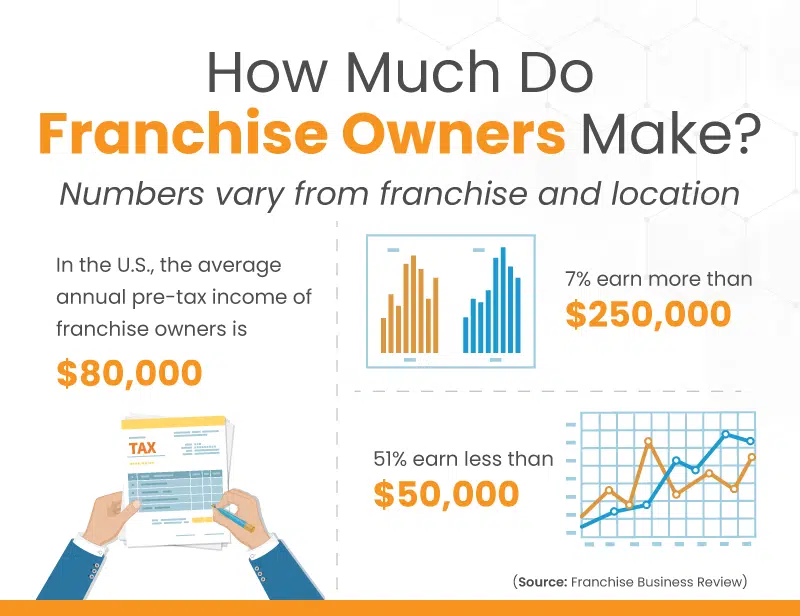Do Business Owners Make A Lot Of Money

The allure of entrepreneurship often comes with the perception of great wealth, but the reality of business owner income is far more nuanced than popular imagination suggests. While some business owners achieve significant financial success, many others face challenges in generating substantial profits, particularly in the early stages of their ventures.
This article examines the multifaceted financial landscape of business ownership, exploring the factors that influence income and debunking common misconceptions.
The Myth of Instant Riches
The notion that all business owners are automatically wealthy is a widespread misconception. The Small Business Administration (SBA) reports that a significant percentage of new businesses fail within the first few years, highlighting the inherent risks and challenges associated with entrepreneurship.
Profitability often depends on a variety of factors, including industry, location, market conditions, and the owner's managerial skills.
According to data from the Bureau of Labor Statistics (BLS), the median annual wage for self-employed individuals in 2022 was $70,000. This number represents a broad average and doesn’t reflect the wide range of incomes seen across different industries and business sizes.
Factors Influencing Income
Several key determinants shape a business owner's income. One crucial factor is the industry. High-growth sectors like technology and finance often offer greater earning potential than industries with lower profit margins, such as retail or hospitality.
The size and scale of the business also play a pivotal role. A small, local business may generate a modest income for its owner, whereas a large, established corporation can yield substantial profits.
Effective management and financial planning are essential for maximizing profitability. Business owners must possess skills in areas such as marketing, sales, operations, and accounting to successfully navigate the competitive landscape.
The Early Years: Sacrifice and Investment
The initial years of business ownership often require considerable financial sacrifice. Many entrepreneurs reinvest their earnings back into the business to fuel growth and expansion.
This can result in lower personal income during the early stages. Securing external funding, such as loans or venture capital, can alleviate some financial pressure but also comes with its own set of obligations and risks.
The founder of a local bakery, Sarah Miller, shared her experience: "For the first two years, I barely paid myself anything. Every penny went back into the business. It was tough, but I knew it was necessary to build a solid foundation."
Beyond Monetary Rewards
While financial compensation is a primary motivator for many business owners, it's not the only factor that drives them. Autonomy, creative fulfillment, and the opportunity to make a positive impact on their communities are also significant incentives.
Many entrepreneurs value the freedom to set their own schedules, pursue their passions, and build something from the ground up.
The sense of accomplishment and personal growth that comes with overcoming challenges and achieving milestones can be just as rewarding as financial gain.
Long-Term Prospects and Wealth Accumulation
While initial income may be modest, the long-term prospects for wealth accumulation can be significant for successful business owners. As businesses mature and become more profitable, owners can realize substantial returns on their investment.
Building equity in a business also provides opportunities for future financial security, such as selling the business or passing it on to future generations.
Professor David Lee, an expert in entrepreneurship at the Wharton School of Business, emphasized that "business ownership can be a path to significant wealth creation, but it requires a long-term perspective, strategic planning, and a willingness to take calculated risks."
Conclusion
The financial realities of business ownership are complex and multifaceted. While the potential for high income exists, it's not guaranteed, and many factors influence a business owner's earnings. The path to financial success often involves hard work, dedication, and a willingness to make sacrifices.
Ultimately, the decision to become a business owner should be based on a careful evaluation of the risks and rewards, as well as a clear understanding of the financial commitment required.












:max_bytes(150000):strip_icc()/dotdash_Final_Understanding_How_Entrepreneurs_Make_Money_Jan_2020-0599ed06dc1d49ccbe42a60bf92c1503.jpg)





